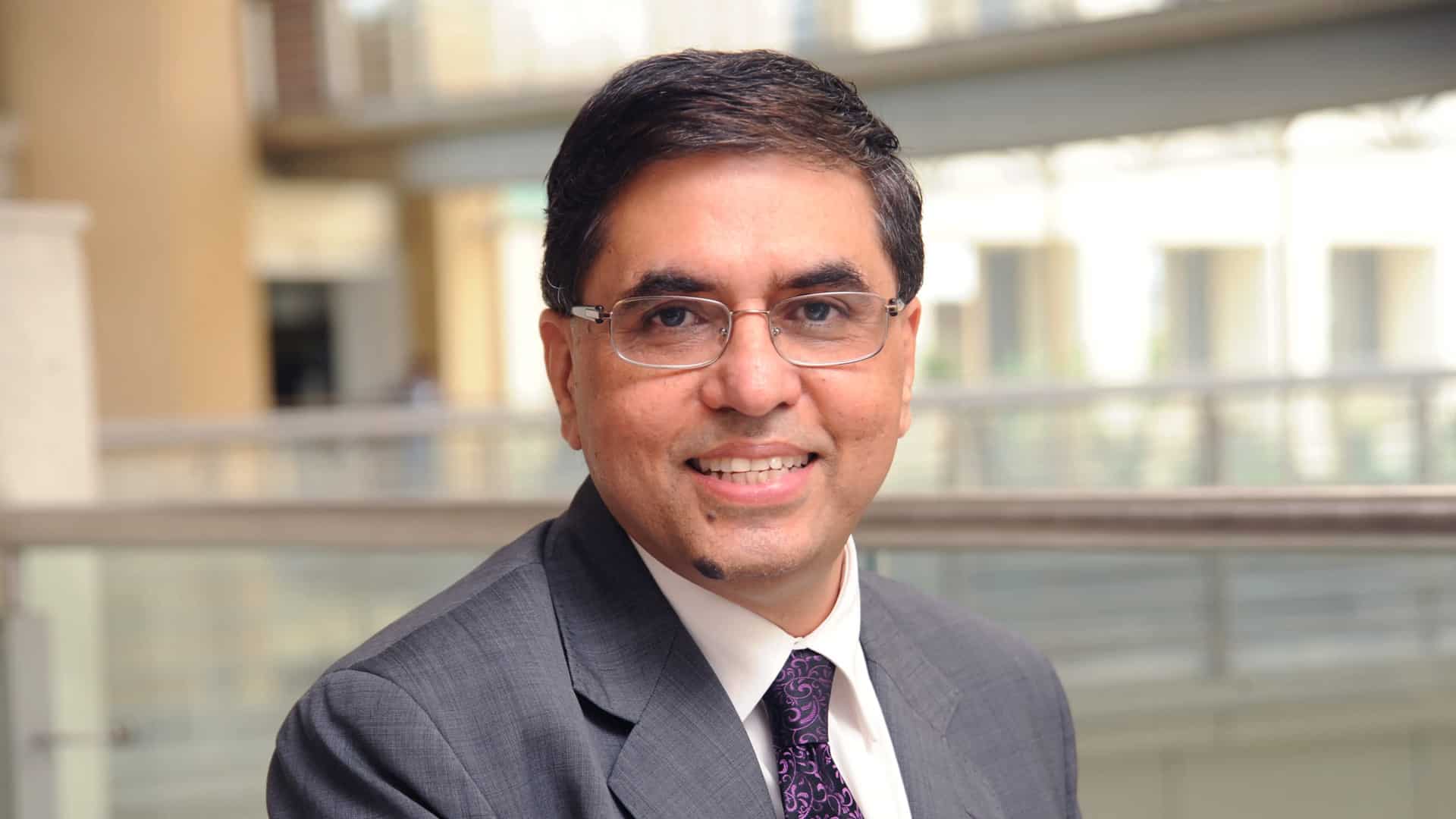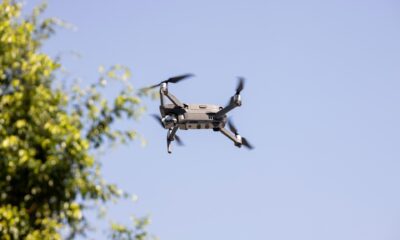Economy
Leveraging digital channels, tech to become USD 5 trn economy welcome step by govt: HUL CMD
Leveraging digital channels to strengthen agriculture, healthcare and education to drive India towards a USD 5 trillion economy is a welcome step by the government, HUL Chairman and Managing Director Sanjiv Mehta said on Monday while highlighting faster technology adoption post pandemic.
While referring to the recent Union Budget, Mehta said ubiquity of technology and the need for mainstreaming it for the greater good was amply evident in the speech of Finance Minister Nirmala Sitharaman. Leveraging digital channels and using technology to strengthen agriculture, healthcare and education which are the foundational pillars driving India towards its USD 5 trillion ambition are indeed welcome,” said Mehta while virtually addressing the AIMA foundation day.
Also read: Low Budget allocation to healthcare: Fin secy says it is primarily states’ responsibility
Though technology and digital proliferation were there even before the pandemic, the speed at which they have become integral to our very existence is phenomenal, he added. At HUL too, technology is a key enabler as articulated in the Reimagine HUL’ strategy. It is a vision of how we want to leverage data, harness latest technologies and emerging business models, to redefine how HUL engages with consumers, customers, and the way we operate, said Mehta.
HUL is now building an Intelligent Enterprise’, moving away from the traditional linear value chain to a non-linear ecosystem by building distinctive capabilities across the organisation with an objective to stay abreast of the changing needs but also create structural capabilities that provide superior value to consumers. The HUL of the future will be a web of intelligent ecosystems the consumer ecosystem, customer ecosystem, operations ecosystem with data, technology, and analytics at the core, he said adding, We are in the midst of a paradigm shift where the intelligence of machines will complement human ingenuity to do good, do better and smarter.
While pandemics and man-made disasters cause enormous damage, they are also catalysts for change, Mehta said adding climate change and technology are two areas where we need to take charge to be able to steer decisively into the future. Mehta said a recent Intergovernmental Panel on Climate Change (IPCC) report has clearly called out that climate change needs to be halted with immediate effect.
Decisive steps are already being taken on this front. Several governments including India have outlined bold action plans at COP26. India, as we all know, has set itself an ambitious target of raising its non-fossil fuel-based energy capacity to 500 GW by 2030, he said.
India’s target to achieve net-zero emissions by 2070 will pave the path towards a sustainable future. Anglo-Dutch FMCG major Unilever, the parent of HUL, has also made sustainability a core part, he added. Climate action is at the heart of our Unilever Compass strategy which integrates business and sustainability seamlessly. They include a commitment to have net-zero emissions from all products by 2039 from the sourcing of materials used, to the point of sale of products,” said Mehta.
Unilever is also challenging itself to even higher standards to protect high carbon ecosystems like forests, peatlands, and tropical rainforests. It is also aiming for a deforestation-free supply chain by 2023. In India in 2021 we collected more plastic waste from the streets of India than the plastic we use in the packaging of our finished products. Climate change will need concerted action over the medium and long-term and consistent efforts from all stakeholders. We have made a good start already with the COP26 and it is for us to continue that momentum and make every action count, he said.
Across the world, over 700 businesses including Unilever, representing USS 13 trillion in market capitalisation/value and employing over 24 million people, are setting 1.5 degree Celsius-aligned targets and working towards reducing emissions globally by 2030.









































Pingback: Domestic air traffic to cross pre-COVID levels in next 2 months: Scindia